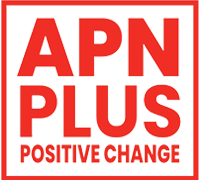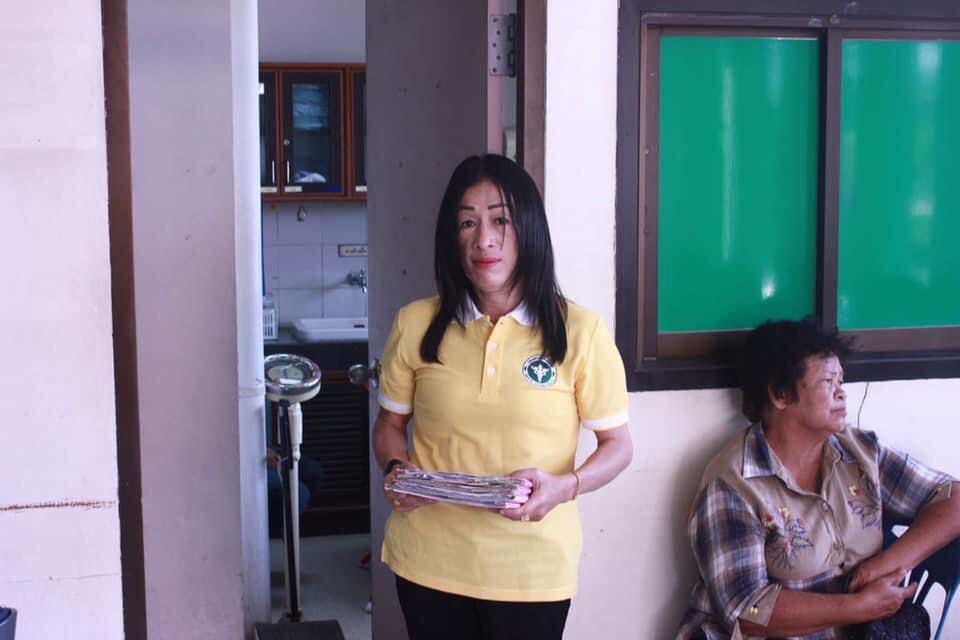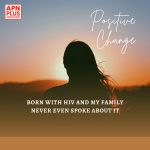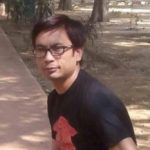Her name is Kularb Dangtong – or Khun Kularb – which means Rose. The HIV that is in her body does not scare her. For her, the virus is another word for courage.
Khun Kularb’s HIV journey started 25 years ago. She recalls the day she found out she was positive to the virus that causes the acquired immune deficiency syndrome (AIDS). It was a fine day as she went about her daily activities. She was pregnant at the time and was in the hospital for her routine check-up. While the doctor was examining her womb and asking her questions, she confessed that she had previously engaged in behaviors that could increase her risk of HIV infection, such as sharing used syringes. On the advice of her doctor, she got an HIV test that same day. When it turned out positive for HIV, her life suddenly changed.
“When I was pregnant, I was advised to do an HIV test. And when the results came out positive, everything turned dark. At the time, I had no idea what was going on or how long I would live. I was scared and sad, but after discussing the issue with doctors, I felt better. They helped me and educated me about HIV.”
Despite the shock, Khun Kularb accepted her condition at the time while receiving support from those closest to her. Eventually she realized that she is not just an HIV positive woman: she is more than that.
“I had to share my experiences with the wider community as a lesson. Initially, I felt down physically and mentally, but eventually I got over it. I got up and I found inspiration from within, from my inner self. I felt I needed to help more people with HIV like me, especially people who are newly diagnosed, because in Thailand the stigma and discrimination against PLHIV are very high, so I know how it feels. I felt that I had to build a safer environment for the community. This is very important to me and my community.”
With her HIV status, Khun Kularb had to face one more situation. About six years ago, she was also diagnosed with Hepatitis C virus (HCV). HCV causes inflammation of the liver. If left untreated, it can lead to chronic liver disease, liver failure, and liver cancer.
“I thought to myself: how did I get infected? It was probably years before because I had never done an HCV test, because I really didn’t know about this. I may have contracted it because the needles I was using before were not sterile. But now I know my health status and have treated HCV. I am thankful that community organizations in Thailand helped me and educated me about HCV, so that I know more about it. Imagine if this was not detected earlier, maybe I would have more diseases, such as cancer and so on.”
“In my opinion, if I was infected only with HIV and took my antiretroviral (ARV) medicines everyday, with a healthy lifestyle my body would be healthy. But if HCV was added, life would be more difficult. So it is very important for all of us to know our HCV status and check for the possibility of other opportunistic infections (OI). HIV may not kill you if it is properly addressed, but other diseases will.”
Eradicating HIV Stigma
Stigma and discrimination against people living with HIV (PLHIV) continue to occur, including self-stigma. This is what makes many of them self-isolate and choose to be silent. However, Khun Kularb chose another path. She revealed her status, spoke to the public about it, and became a voice for those who do not have the courage to disclose their status.
“After being infected with HIV and HCV, I became active as a volunteer for communities, organizations, and hospitals in my city. This gave me a lot of opportunities to meet the community of PLHIV and the wider public in Thailand. TNP+ (Thai Network of PLHIV) gave me a bridge to convey my voice to the larger public. Stakeholders may not know what really happened, what I experienced, my struggles and what I need. But TNP+ helped me to voice all forms of injustice, stigma, and discrimination that I have experienced from being infected with HIV and HCV so that the policies can be changed and become more friendly to me and my community. I want to show to the public that HIV is just an ordinary chronic health condition,” said Khun Kularb. “This fact should be understood first and foremost, so we can show that stigma and discrimination are the issue about HIV and HCV. Everyone should be treated equally.”
However, discrimination did not just stop with her. Her son was born with HIV. His dream was to become a police officer. However, one of the requirements for being a police officer is to be HIV negative even though many police officers who are exposed to HIV are still productive and able to work. Khun Kularb questions this policy and wonders why HIV negative status is a requirement for serving in the police force. For Khun Kularb, everyone has the right to hope and pursue their dreams regardless of their HIV status. She thinks that people need to learn more about HIV, HCV, and stigma and discrimination so they will treat PLHIV fairly and the society can build a more peaceful world where people live more harmoniously.
“I want my son to be okay. I want to see him grow and succeed. This is my reason to keep going. I will continue fighting for his right. I will always be there for him to be healthy and achieve his dreams”.
Positive Change
Khun Kularb believes she is a force for positive change. According to her, “HIV is not the basis for measuring the value of a person. Do not judge someone just because they are HIV positive. My value is not about the diseases that I have or had, but what I do with these diseases. When I volunteer in the community, I contribute to the lives of many people.
“HCV is a silent killer. Many people are reluctant to get tested because the HCV test is not covered by social security and not included in any routine medical check-ups. The fact is HCV can be contracted by anyone, not just by PLHIV. In Thailand, HCV medicine is only given free of charge to PLHIV and drug users but not for the public. It is a very confusing policy because they (stakeholders) only partially solve the problem. Everyone can contract HCV which means everyone needs free access to HCV treatment.”
Khun Kularb acknowledges that access to treatment and health services has improved.
“I still remember very well, initially the medicine for HCV was very expensive and was not included in the social security system. I had to pay from my own pocket money. But now that has changed. It is now free. All of this was due to advocacy that was carried out by community organizations in Thailand which worked well. This is what TNP+ has done, because apart from providing empowerment for PLHIV, TNP+ is also now a home for conveying the aspirations and needs of the community to all relevant stakeholders.”
To support the works by TNP+ you can visit their page here.
